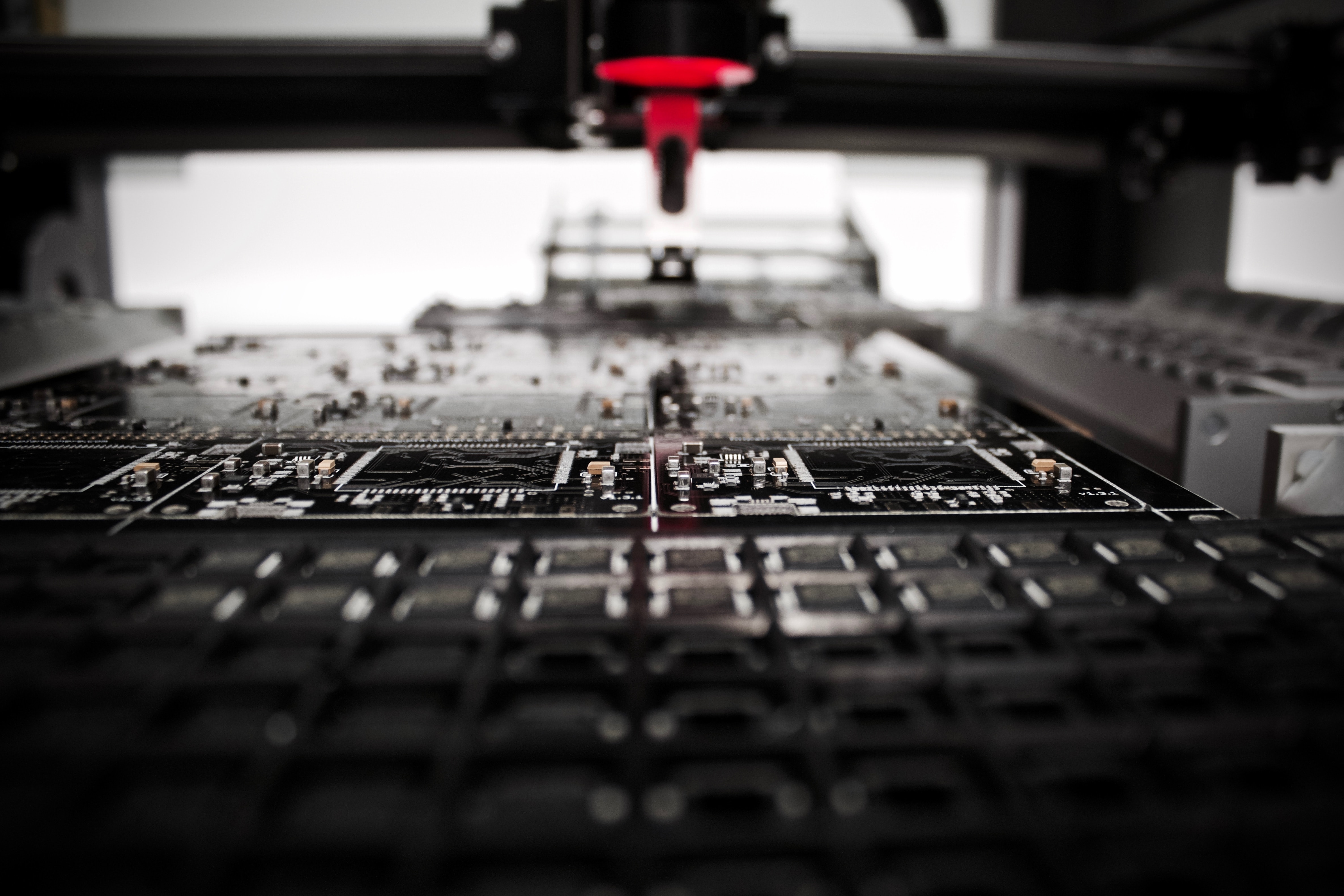HiSilicon Technologies has cracked the global top 10 of semiconductor suppliers, but perhaps not for long as American trade sanctions continue to bite the Chinese technology sector.
HiSilicon’s 49% year-on-year growth in semiconductor sales raised the wholly owned chip design unit of Huawei Technologies by six places to No. 10 in the first half of 2020, according to a research bulletin by US-based IC Insights. The fabless company became the first Chinese player to make the list.
Global sales by the semiconductor industry as a whole rose 5%. Other Asian giants also logged strong growth, with sales up 40% at third-ranked Taiwan Semiconductor Manufacturing Co. and 12% at second-ranked Samsung Electronics. US-based Intel was No. 1.
Increased online activity from the coronavirus and the US-China trade conflict helped increase sales at Asian companies, said Satoru Oyama of Grossberg, a consulting firm specializing in semiconductors and electronics.
Stepped-up internet use worldwide in the pandemic benefited Samsung, which makes memory used in personal computers and servers, and TSMC. In HiSilicon’s case, stockpiling was likely a key booster.
Fearing tighter sanctions by the Trump administration, the fabless company apparently increased orders to TSMC, to which it had contracted out production of cutting-edge products. Its intuition proved correct, and the Taiwanese contract chipmaker indeed stopped taking new orders in May in compliance with the American ban.
Without its biggest contract manufacturer, HiSilicon will likely fall out of the top 10 in the second half. “Over 90% of HiSilicon’s ‘sales’ go to its parent company and are essentially internal transfers,” the IC Insights bulletin said.
Others may yet stand to gain. Samsung is “the only player in the world capable of replacing TSMC’s contract manufacturing in both technology and capacity,” Oyama said. But the South Korean company is not guaranteed to benefit, since it is also subject to compliance with the trade restrictions.
Fabless Taiwanese player MediaTek — not in IC Insights’ top 10 — has also drawn attention of late. The company has no big customers in the US and is not susceptible to Washington’s targeting, according to Oyama.
